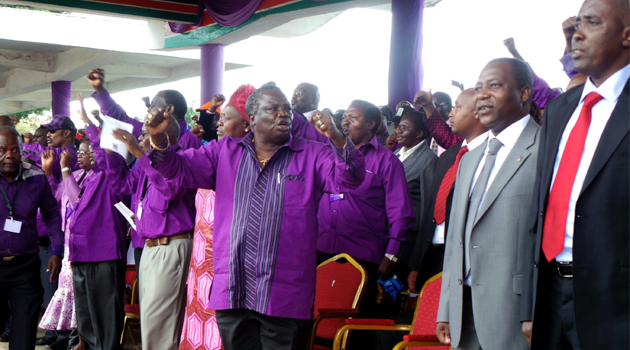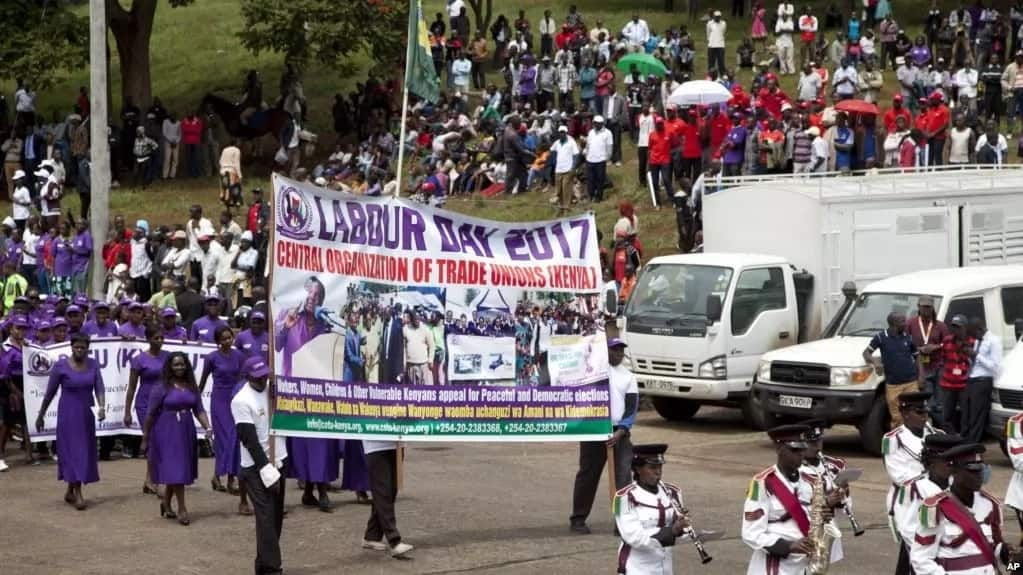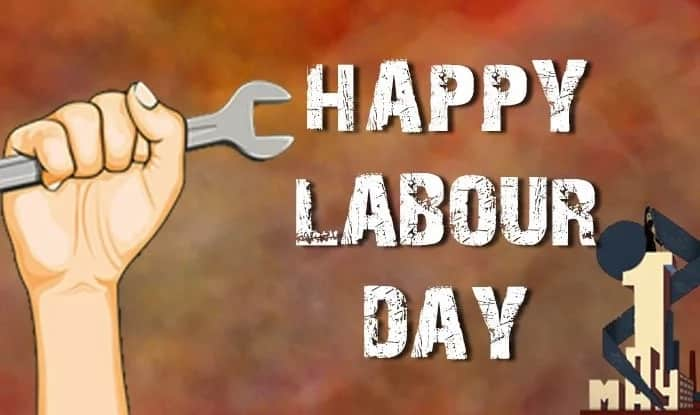
Kenya workers will on Wednesday mark this year’s labor day celebration with high expectations of increase in the minimum wage.
However, a sagging economy and run-away inflation are key concerns that the government is currently grappling with.
Although the Economic Survey report, 2019, has showed that Gross Domestic Product (GDP) grew by 6.3 per cent in 2018 up from 4.7 per cent in 2017, Kenyans said they are yet to feel the impact of the performance.

Last year, President Uhuru Kenyatta announced a five per cent rise in minimum wage, which came amidst calls to resolve several strikes called by different sectors.
“In recognition of the good work done by our workers and cognizant of the 4.8 per cent rate of inflation this year (2018), I hereby declare a corresponding five per cent increase of minimum wage,” Labour and Social Protection Cabinet secretary Ukur Yattani announced on the President’s behalf.

Questions have emerged on why the seemingly stable economic growth reported over the years does not reflect on the wealth of most citizens.
Kenya National Bureau of Statistics findings are that three-quarters of Kenyans in the formal sector earn below Sh50,000, representing 1.9 million people as of 2017.

This includes those at the bottom wage bracket, earning below Sh20,000 a month, mainly constituting house servants, drivers, secretaries and low-ranking teachers and police officers.
Central Organisation of Trade Unions (Cotu) secretary general Francis Atwoli has set the ball rolling, with a demand of a 15 per cent minimum wage increment.

Speaking during Cotu’s pre-Labour Day Celebrations at St Stephen’s ACK Church on Jogoo Road, Nairobi, he said workers are pushing for a 15 per cent general wage increase in exchange for remittance of the 1.5 per cent housing levy from their salaries.
Last year’s five per cent increment meant that basic minimum monthly wages, exclusive of housing allowances, would rise from between Sh320 and Sh1,458 for workers in Nairobi, Mombasa and Kisumu counties.